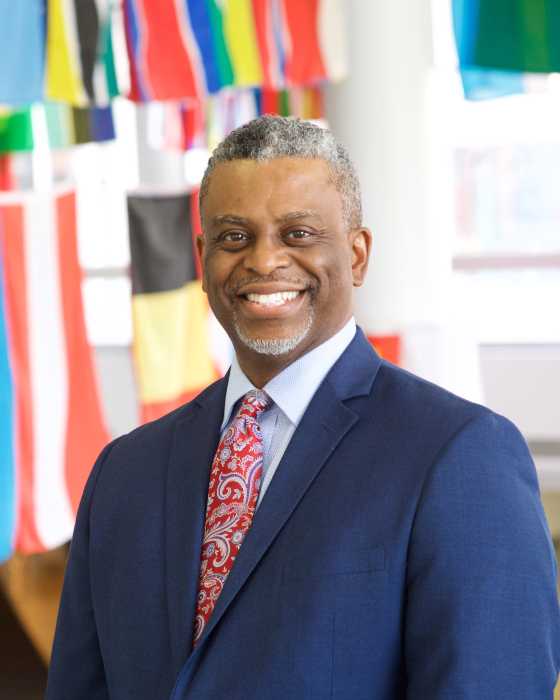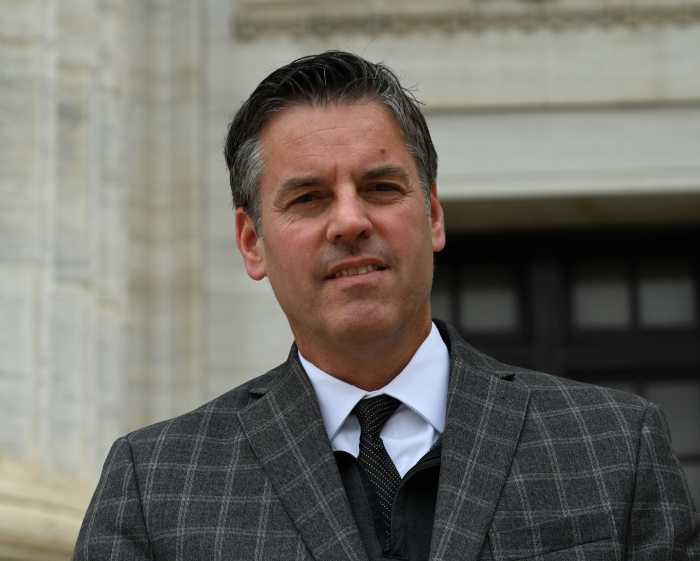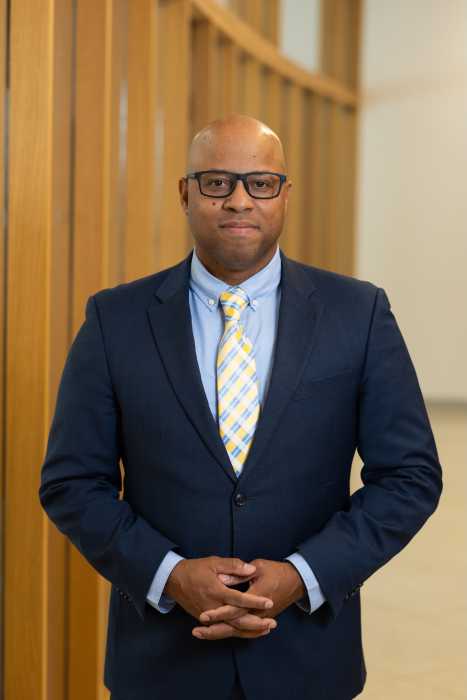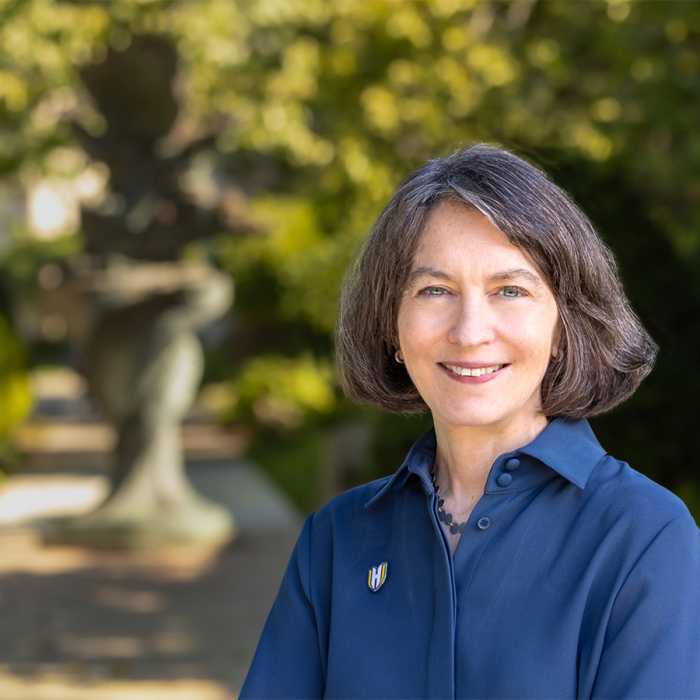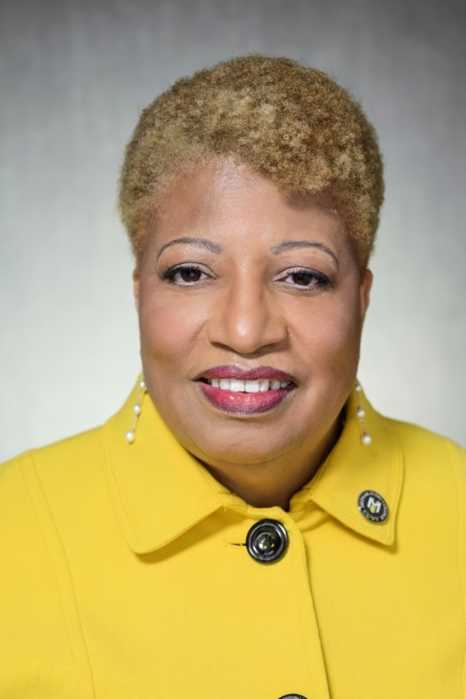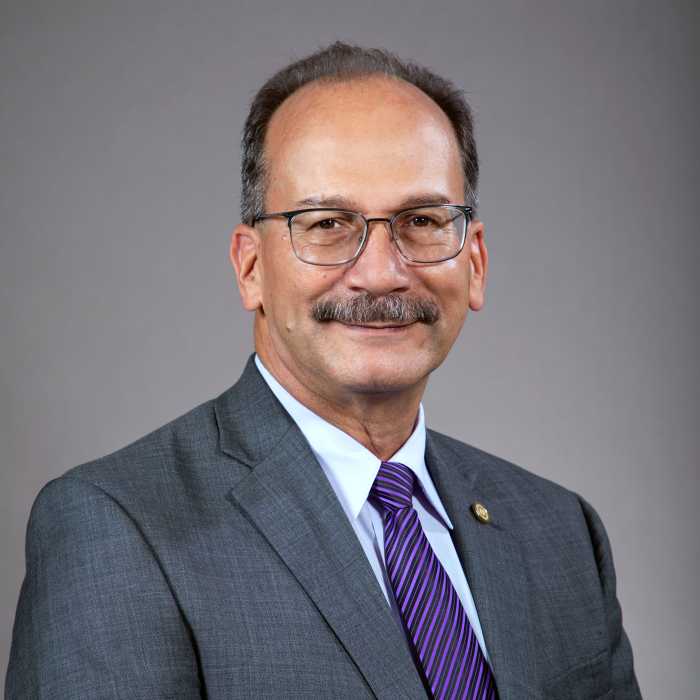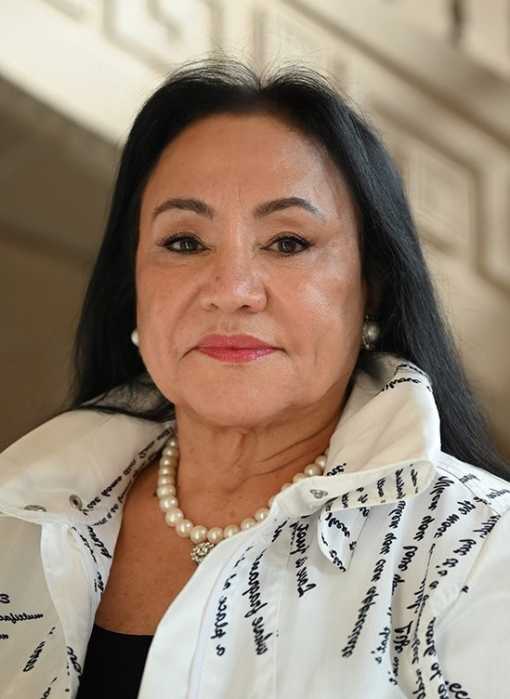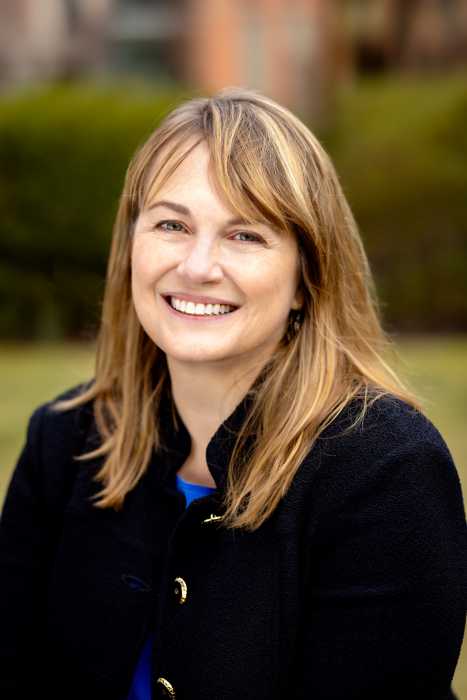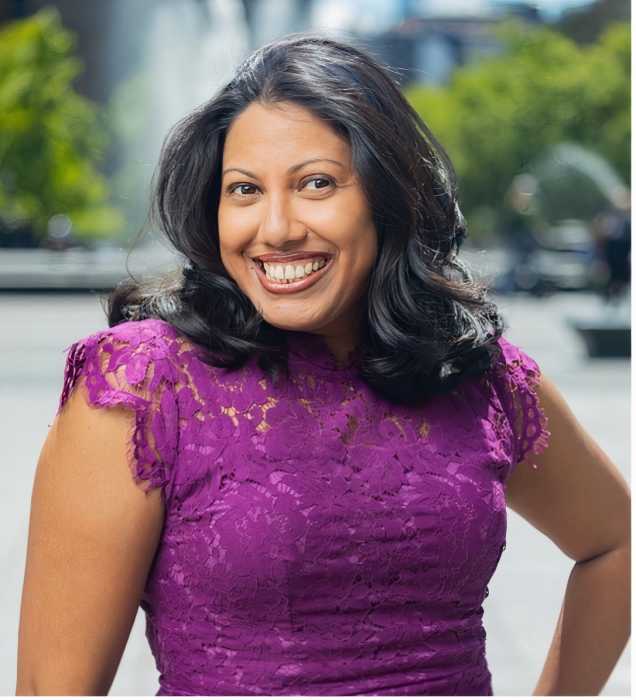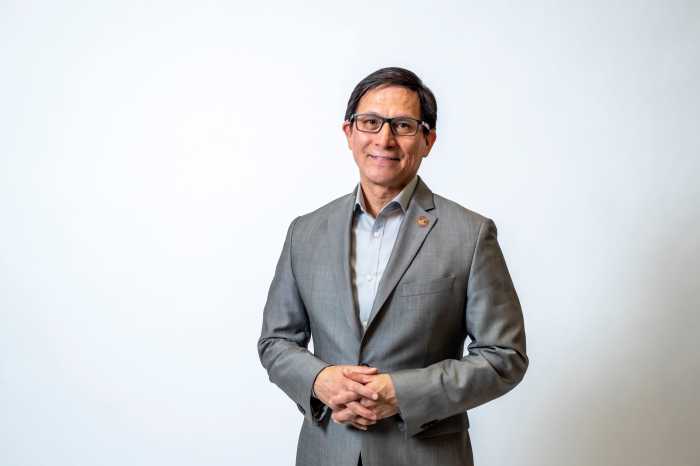Dr. Anthony E. Munroe has led BMCC since September 2020, driving equity, inclusion and student success. He founded the Race, Equity and Inclusion Steering Committee and launched the President’s Fund for Excellence and Innovation. Under his guidance, BMCC has boosted retention and graduation rates, expanded scholarships, upgraded facilities and secured a $1 million CIEE matching grant to expand study abroad opportunities. He chairs Community Colleges for International Development and sits on multiple higher education boards.
How has the educational landscape changed in recent years and what are your hopes for its future?
The educational landscape has evolved significantly, with increased integration of technology, marked by accelerated digital transformation and a heightened focus on workforce readiness and adaptable skills. My hope is for an educational future where no student graduates into poverty. Achieving this demands systemic restructuring: guaranteeing all students mastery of essential job skills and creating pathways that connect graduates to living-wage careers.
What do you most enjoy about working in education?
I most enjoy witnessing students’ growth and resilience as they navigate their education. Each story is a reminder that learning unlocks possibilities, not just for individuals but for communities. One of the moments I treasure most is seeing students cross the stage at graduation, proudly collecting their diplomas and stepping into their futures. That culmination – the hard work, late nights, and moments of doubt transformed into triumph – reminds me why this work is so rewarding.
As this year comes to an end, what are your goals for 2026?
My goals are to increase student access and enhance career pipelines. I aim to bolster partnerships with local businesses, strengthen wraparound supports, such as tutoring and counseling, and boost transfer opportunities to four-year institutions by forging additional pathways with colleges/universities. I want to enhance faculty development for innovative teaching and enhance workforce-ready credentials in high-demand fields to ensure our facilities and technology meet the evolving needs of our students in an increasingly competitive world.


